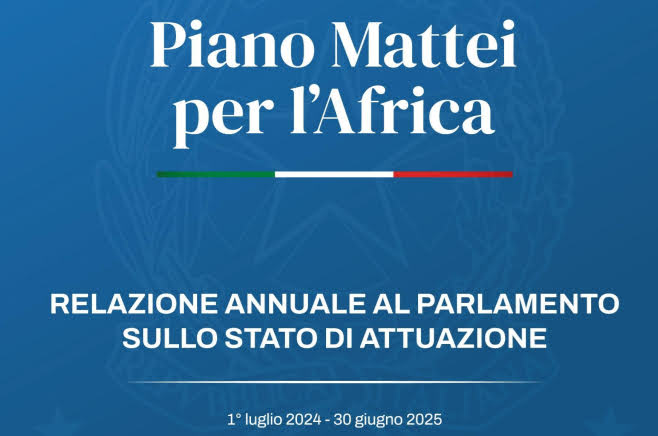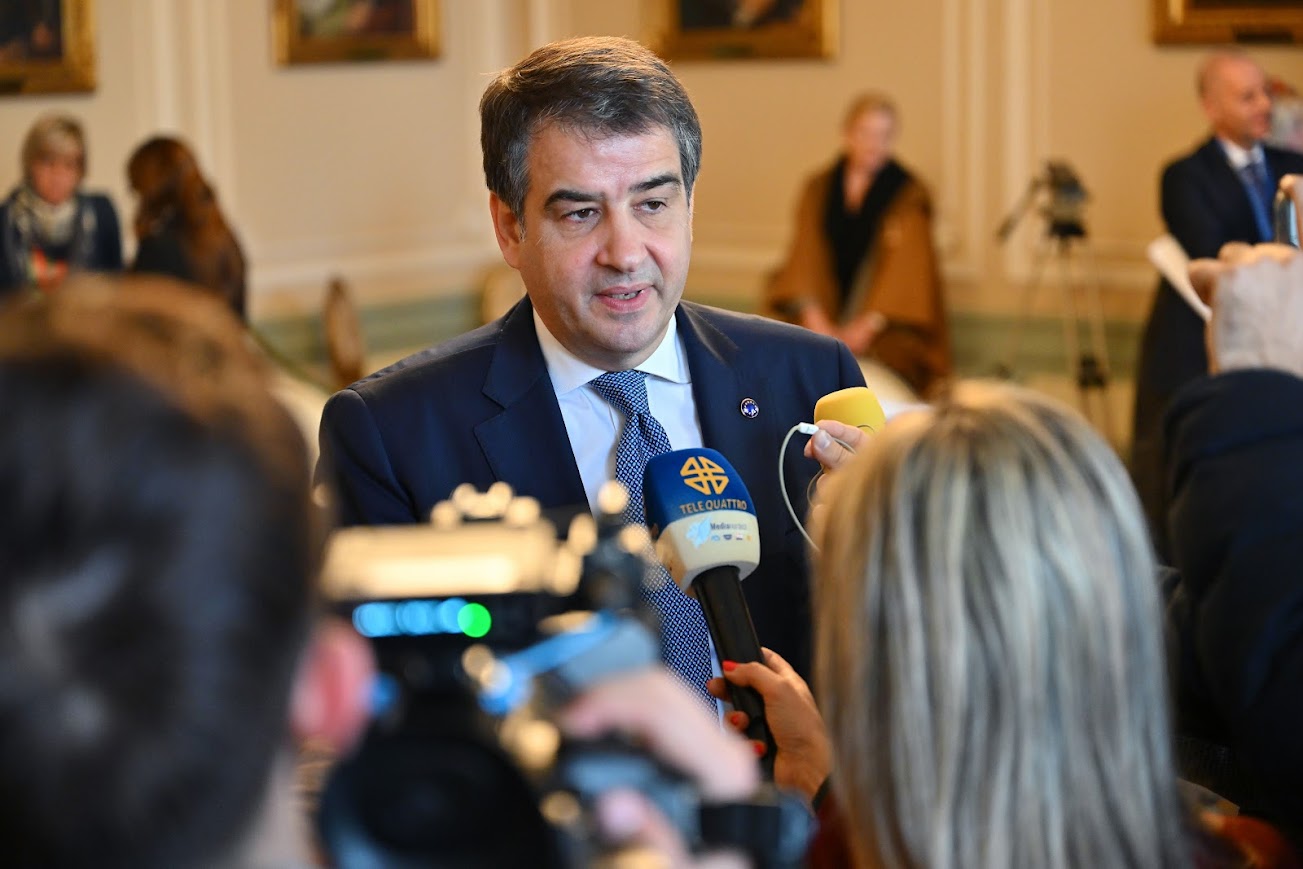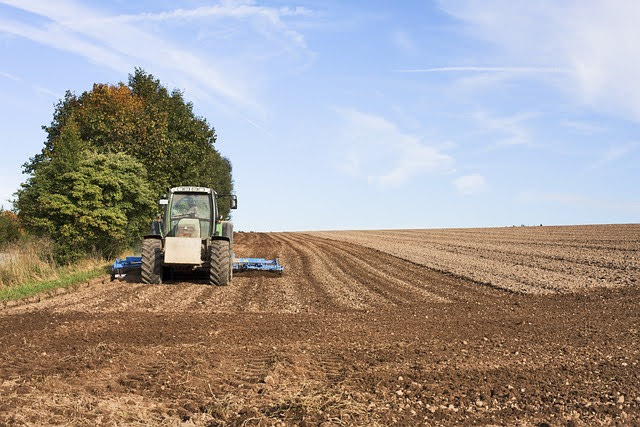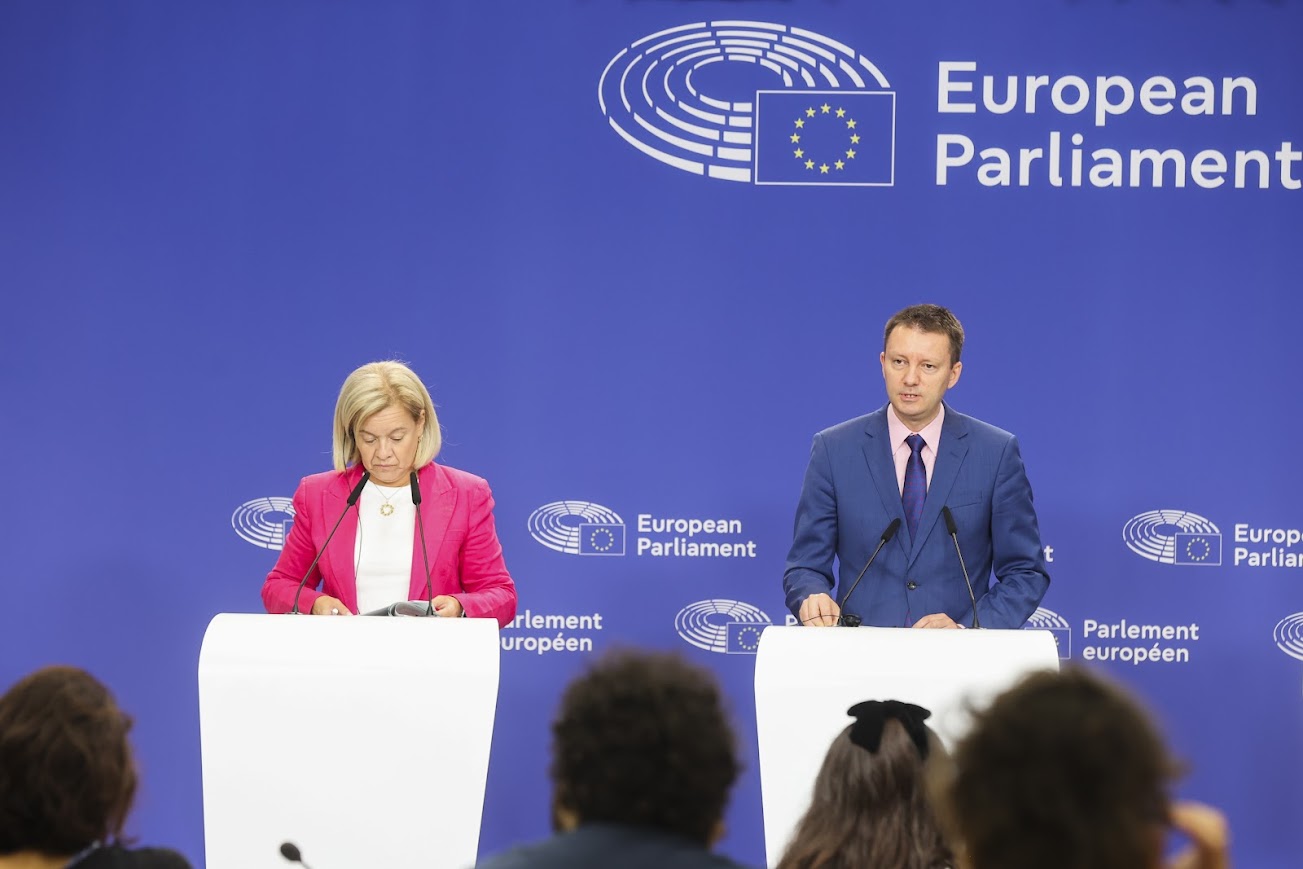Modifiche all'Energy Release 2.0: la bozza del DM dopo l’ok della Commissione UE
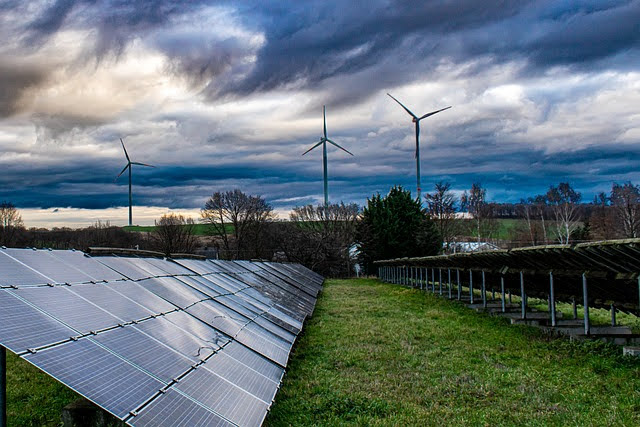 Sta circolando in questi giorni una bozza del decreto del MASE che, recependo le indicazioni della Commissione UE, interviene sulla misura Energy Release 2.0, il meccanismo che favorisce l’installazione di nuova capacità di generazione di energia elettrica da fonti rinnovabili pensato per le imprese energivore. Tra le novità, la facoltà per gli energivori di trasferire l’impegno alla restituzione e alla realizzazione della nuova capacità a soggetti terzi individuati tramite una apposita asta del GSE.
Sta circolando in questi giorni una bozza del decreto del MASE che, recependo le indicazioni della Commissione UE, interviene sulla misura Energy Release 2.0, il meccanismo che favorisce l’installazione di nuova capacità di generazione di energia elettrica da fonti rinnovabili pensato per le imprese energivore. Tra le novità, la facoltà per gli energivori di trasferire l’impegno alla restituzione e alla realizzazione della nuova capacità a soggetti terzi individuati tramite una apposita asta del GSE.
FER X Transitorio: al via il 14 luglio i bandi di asta del GSE

